Here, nutritionist May Zhu, founder of Nutrition Happens (USA), explains why that cup of coffee to fight afternoon drowsiness is not good for your sleep.
1. Makes you jittery. Drinking coffee in the late afternoon can make you feel jittery. Feeling jittery, anxious, or having a racing heart can all be signs that you’ve had too much coffee, says Zhu. And waking up at this time can disrupt your nighttime sleep.

While a cup of coffee might wake you up in the moment, you may pay the price later.
2. Disrupts the body's natural rhythm. Because caffeine stimulates the central nervous system to help wake you up, drinking it just a few hours before bedtime can disrupt the amount of deep sleep your body needs, says Zhu.
It can also make it harder to fall asleep, which can alter your body's natural sleep-wake rhythm, Ms Zhu adds.
Research published in the medical journal Sleep Medicine Reviews found that caffeine not only increases the time it takes to fall asleep, but also reduces the duration and quality of sleep. Essentially, caffeine consumption also causes more insomnia and sleep disturbances.
The problem is that if your afternoon coffee binge becomes a habit, it can be detrimental to your health in the long run. According to Harvard Medical School, not getting enough sleep increases your risk of diabetes, depression, and heart disease.
3. It can cause nocturia. If you have to wake up to pee, your afternoon cup of coffee could be the culprit. Zhu says caffeine has a mild diuretic effect, meaning it can cause you to urinate more often. This can disrupt your sleep, which can have a number of physical and mental health effects.
4. Night sweats. There are many causes of night sweats, but drinking too much caffeine in the late afternoon can also be the culprit, says Zhu. If you regularly experience night sweats, see your doctor to rule out an underlying condition.
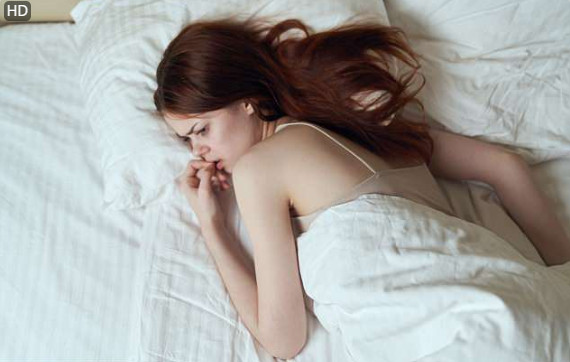
Any remaining caffeine may stay in the body longer and potentially disrupt sleep at night.
What time should the last coffee of the day end?
According to the American Academy of Sleep Medicine, caffeine has a half-life of up to 5 hours. That means it takes 5 hours for your body to eliminate half of the caffeine.
However, the remaining caffeine can stay in the body longer and potentially disrupt sleep. For example, a study published in the Journal of Clinical Sleep Medicine found that drinking caffeine six hours before bedtime reduced sleep by more than an hour.
In fact, depending on how your body metabolizes caffeine, it can take up to 10 hours for it to completely clear from your system, says Zhu. So to be safe, you should stop drinking coffee 10 hours before bedtime, according to Live Strong.
Source link
















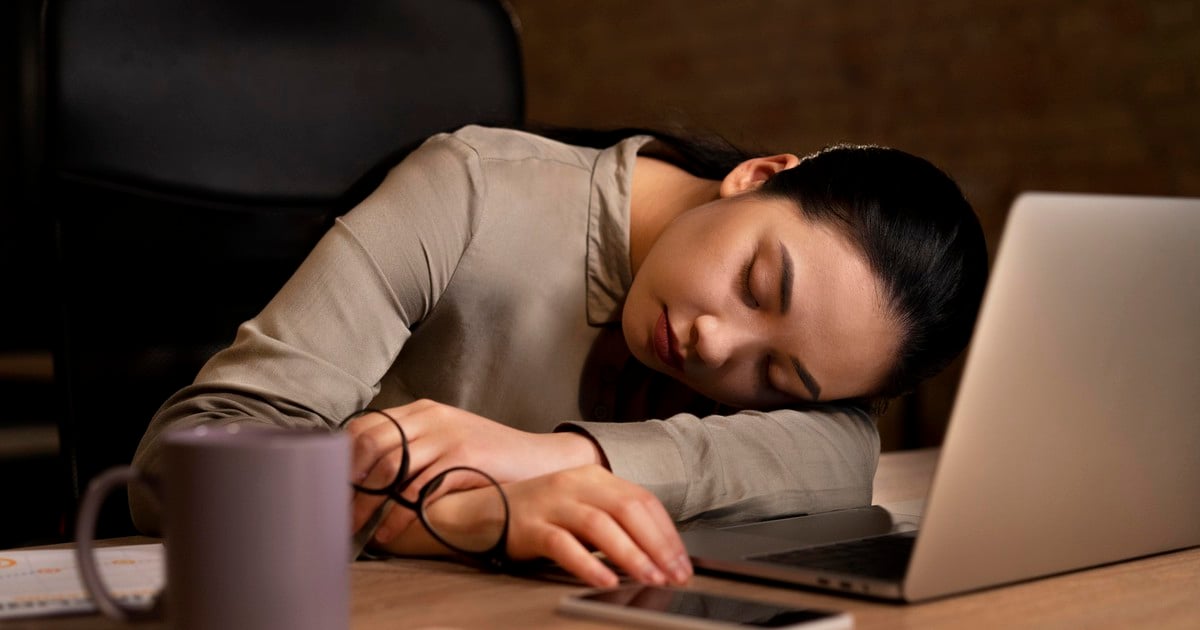





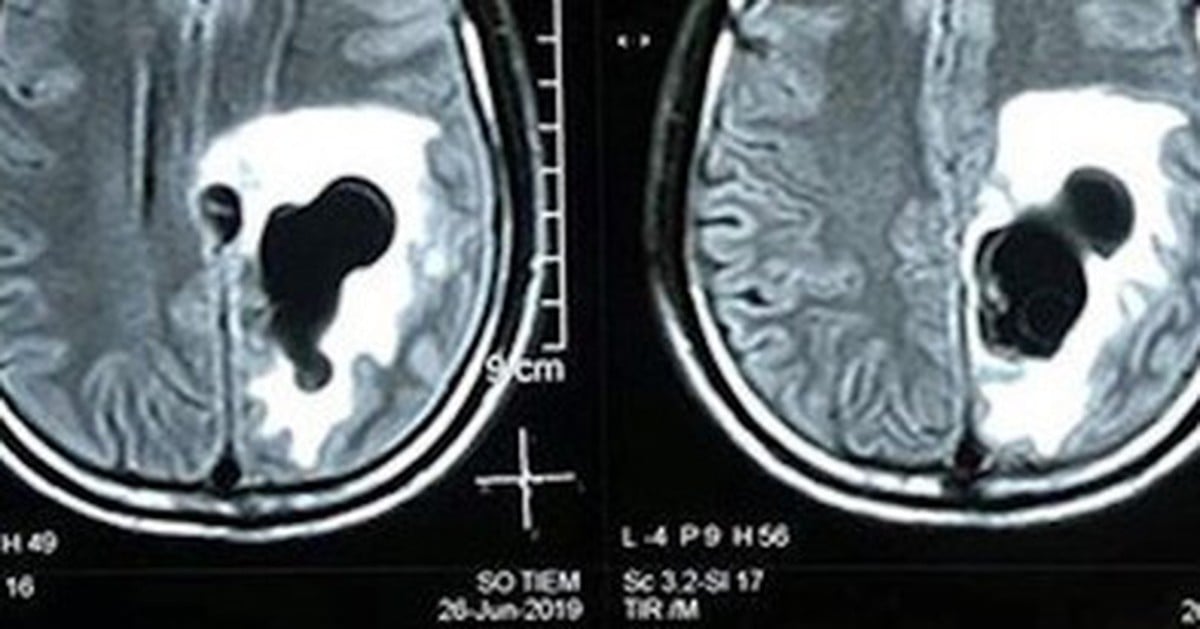










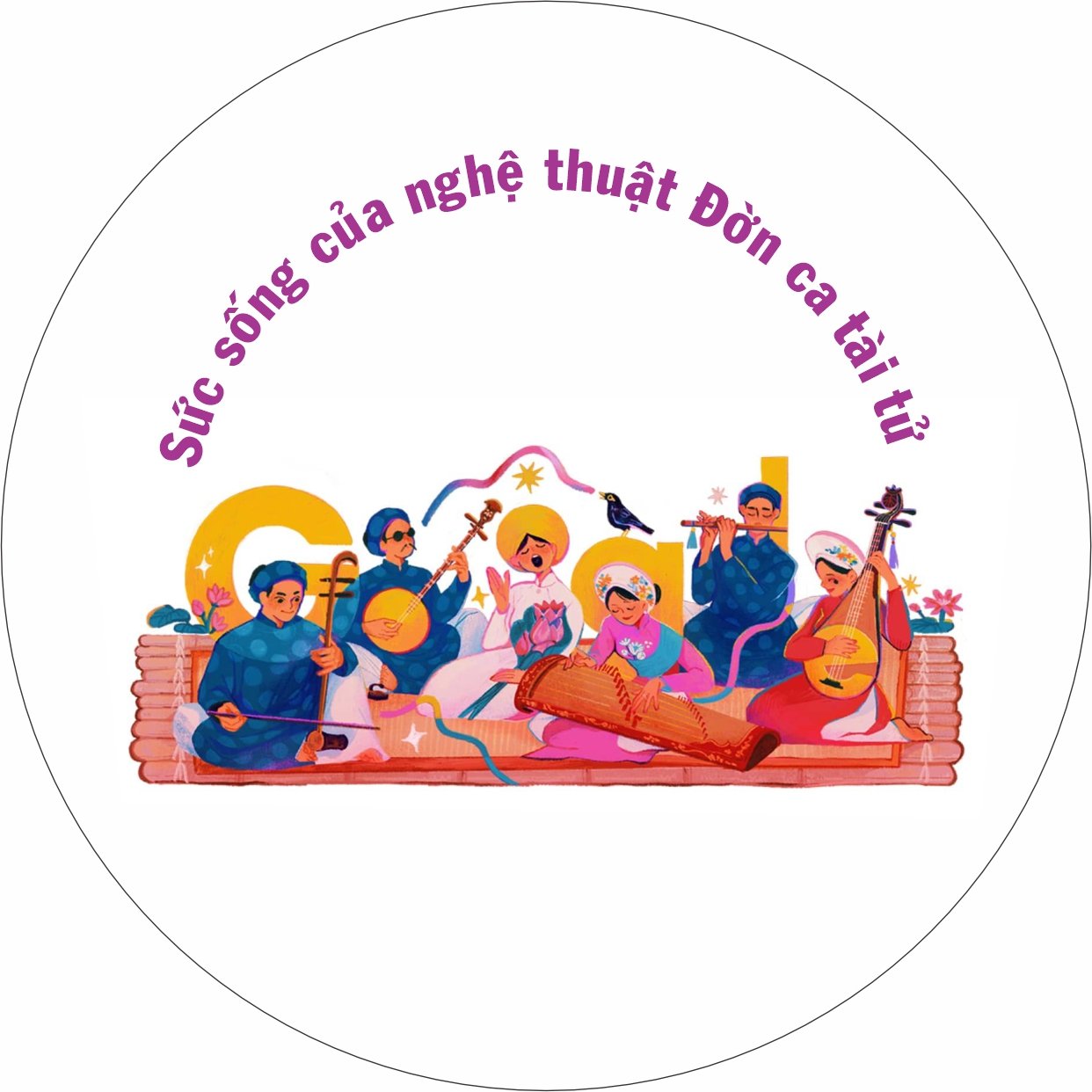



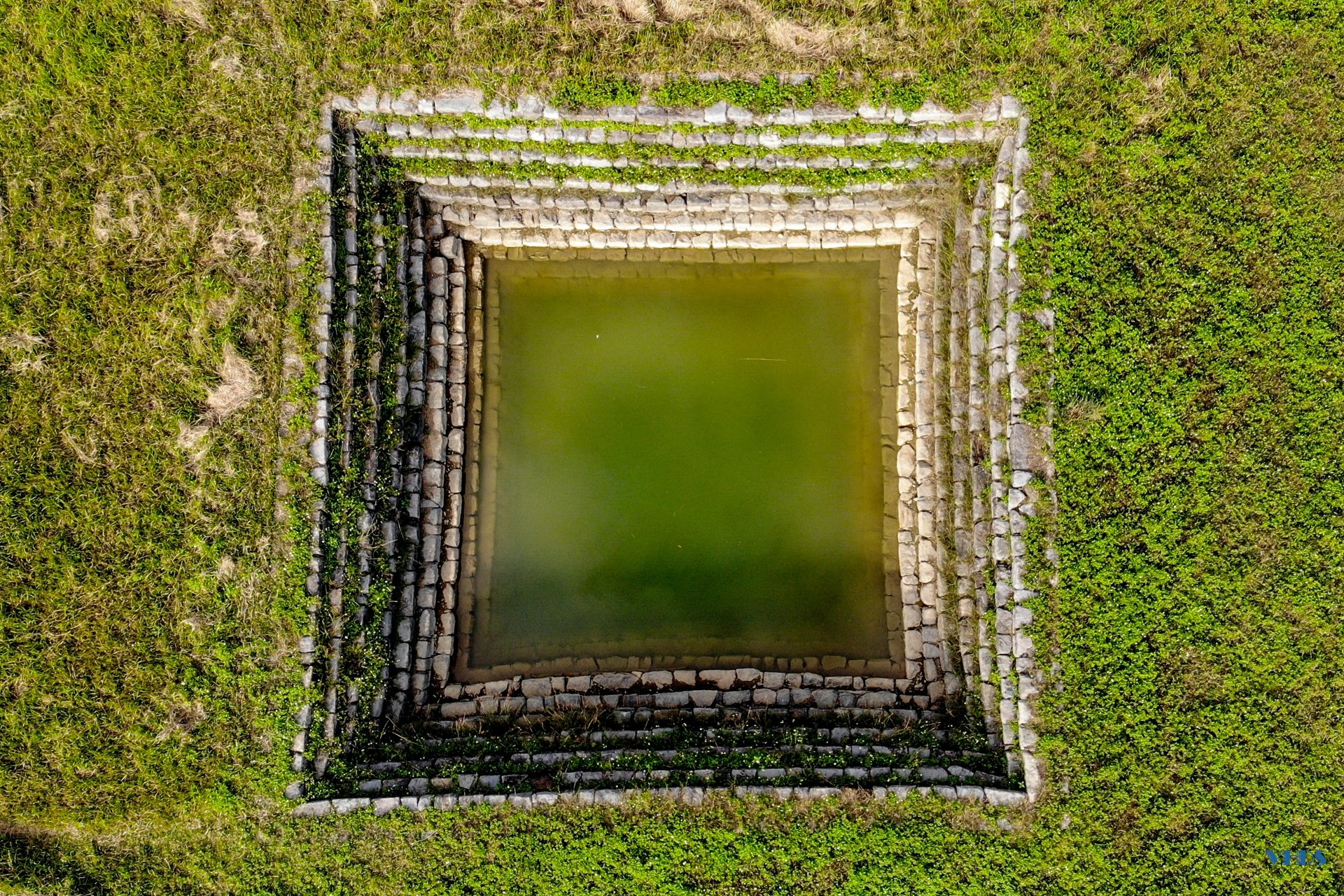



















































Comment (0)